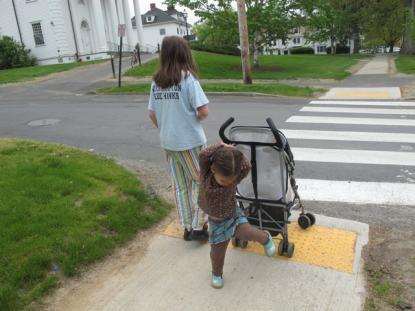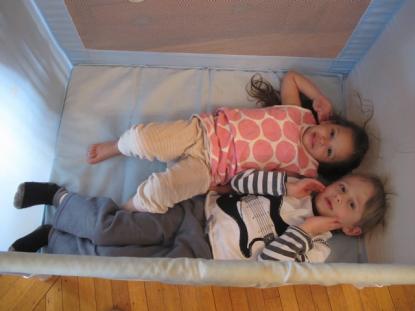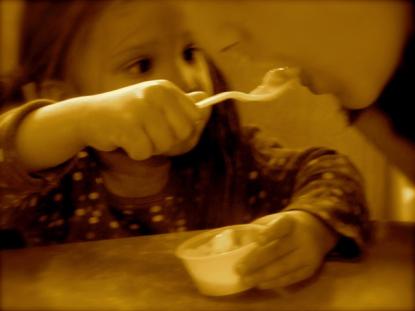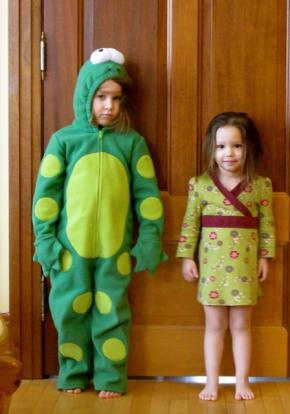
Empathy’s such a big concept. It is the heart and soul of compassion. It’s what’ll save us.
And then, there are three year-olds (or pretty much any other age, take your pick). For Saskia, impulsivity is an issue (overall, improving, but still, an issue), by which I mean she does hit, pinch, grab, bite, kick or scratch sometimes.

Sorry, any preschool teacher can tell you risks being a pretty empty word, a rote response. The goal—or my goal at least—when Saskia lashes out like that (often it seems the lashing out just happens because she’s tired or frustrated and forgets words or for no discernible reason whatsoever) is not so much to hear the apology as to try to make clear that she has actually hurt someone. If she hurts me, I tell her that the action hurt my body and my feelings. Sometimes, she feels badly (especially if she’s about to lose playing, the play date, the fun thing). Sometimes, she smiles defiantly, like you can’t make me feel badly even if you try.
I’ve been working really hard not to default to requiring an apology. I’ve been trying to remain calm and firm and reiterate the hurting of bodies and feelings line. I’ve been trying to affirm making good choices. I’ve been holding Saskia in my lap for a good many timeouts.

**
She is adorable. She is feisty. She gets angry and she doesn’t always know why. She is three and even if she knows, she can’t always tell me. She hasn’t exactly yet learned the words empathy or compassion.
In fact, in our family of six, every single person lashes out, or says something hurtful even if unintentionally. Sometimes, the things that hurt someone are addressed and sometimes not, frankly, because lots happens in a day around here. Plus, bad moods, worries from beyond the household, tiredness… all that folds into the mix.
One of the incredible gifts families—and other relationships that have you living with people—offers is the chance to hurt and be hurt and work it out or let it go and keep on going. I like to think that parents (and kids) get re-do’s every day. The truth is forgiveness takes place and we don’t always know it or acknowledge it, we just trust it. Maybe that trust is the gift. It allows hurt feelings to be just that—and then to brush them off and continue, miraculously unscathed. You get to go on to the next moment.

**

Today, Saskia’s pretend play went like this: “I’m Arella,” she announced and then told me, “Saskia was pinching me. She’s right there next to you.”
Obviously, I had to address this. I said to imaginary Saskia that when she pinches Arella she’s hurting Arella’s body but also she’s hurting Arella’s feelings.
Saskia—that is the real Saskia masquerading as Arella—had me deal with imaginary Saskia a good twenty times in the course of the afternoon. It was like she wanted to hear my little speech again and again and again (would that I’d recorded it, she could have simply pressed replay).
I am guessing that while compassion and empathy are not going to enter her vocabulary soon, she’s trying really hard to grasp the concepts. May she integrate them soon—and cease to hit, bite, scratch or pinch.


